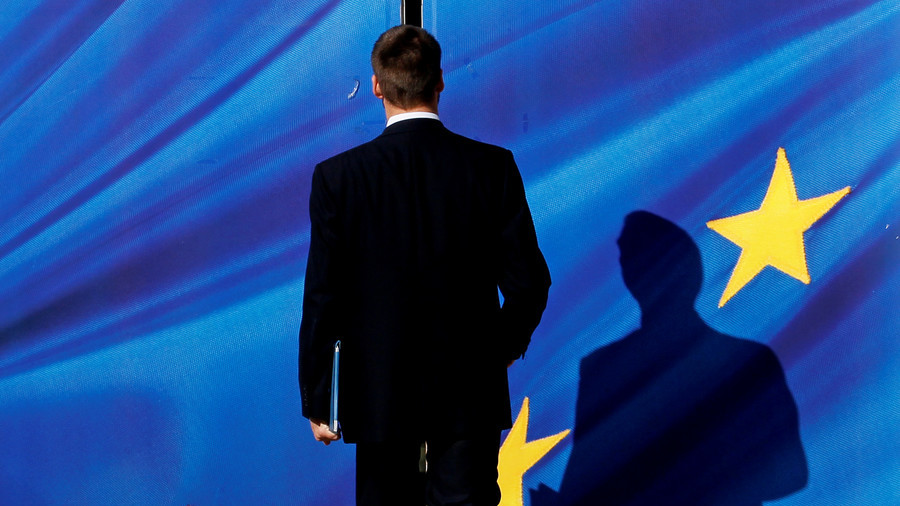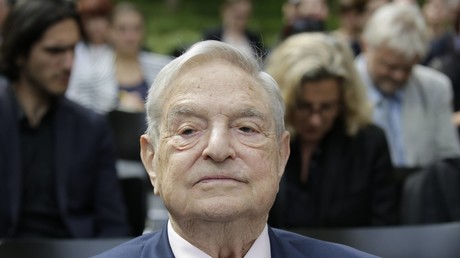- 30 May 2018 13:17
#14919198
According to Rugoz's charts it's more like Hungary actually. Hungary has lower GDP/capita and productivity though, its debt/GDP is almost the half as well. Maybe that's why Moody's warned that they may downgrade Italy to Baa3, just above junk, where Hungary is.

Atlantis wrote:And Japanese debt is above 200%. What's the use of comparing apples with pears? Italy is neither the US nor Japan.
According to Rugoz's charts it's more like Hungary actually. Hungary has lower GDP/capita and productivity though, its debt/GDP is almost the half as well. Maybe that's why Moody's warned that they may downgrade Italy to Baa3, just above junk, where Hungary is.
















